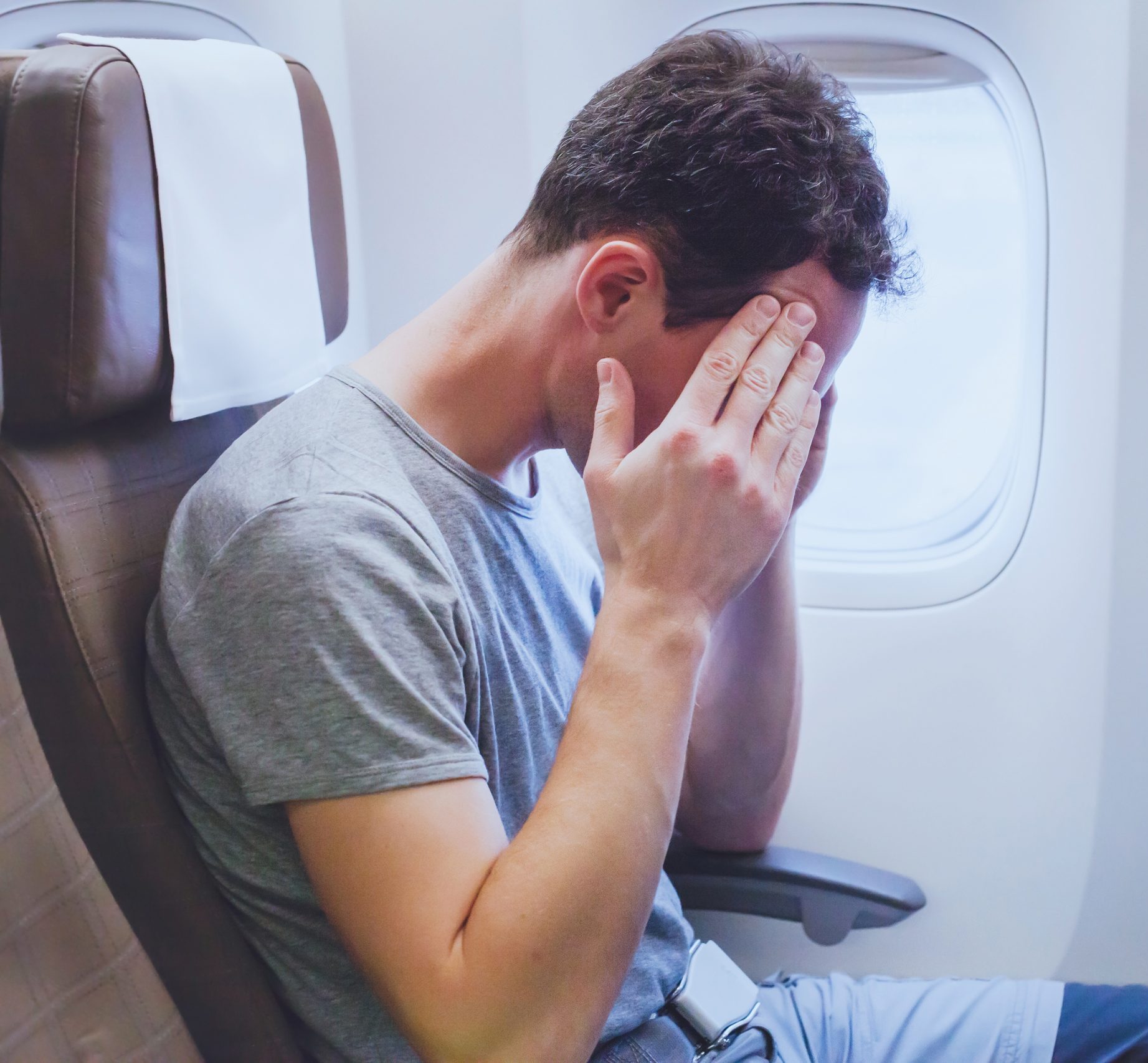Phobia Therapy Calgary
Overcome your fears and regain control of your life with phobia therapy at Clear Minds Psychology
What are Phobias
Fear is a normal human emotion. We might feel it during a thunderstorm, before a dental procedure, or when meeting an aggressive dog. However, phobias go beyond everyday fear. They involve intense, overwhelming panic linked to a specific object, animal, or situation. People with phobias often recognise their fear is irrational. Yet, they feel powerless to control it. As a result, they work hard to avoid the feared trigger. At Clear Minds Psychology, we offer effective phobia therapy Calgary to help you reduce fear and regain control of your life.
How Common are Phobias?
Phobias are the most common type of anxiety disorder. About 12.5% of people will experience one during their lifetime. Of these, nearly three-quarters have more than one phobia.

Types of Phobias and Fears
There are 5 main categories of specific phobias:
- Animal phobias: fear of snakes, spiders, dogs, or other animals
- Natural environment phobias: fear of heights, storms, or water
- Situational phobias: fear of enclosed spaces, such as elevators or tunnels, and fear of flying
- Blood-injection-injury phobias: fear of blood,injections, medical procedures, or dentists
- Other phobias: fear of choking, vomiting, illness/disease, loud noises, or clowns (common in children)
So What Causes Phobias?
There are different factors that can contribute to the development of specific phobias, including genetics and the environment. An individual’s genetic susceptibility to developing a specific phobia is increased when an immediate family member has a specific phobia. Furthermore, they are more likely to have the same phobia than any of the other types of phobias. Environmental factors include having something bad happen such as being bitten by a dog or getting stuck in an elevator. A phobia could also develop after learning about something bad happening, such as a plane crash, or seeing someone very scared of something. Other factors may also play a role, including an individual’s temperament, and may explain why not everyone who experiences similar situations, or all family members develop the same fears and phobias.
Phobias often develop due to a mix of genetic and environmental factors. Having a close family member with a phobia increases your risk. You may even share the same fear. Environmental triggers can include direct negative experiences, such as being bitten by a dog. They can also develop after hearing about a frightening event, like a plane crash, or witnessing someone’s intense fear. Your temperament also plays a role. This may explain why not everyone develops phobias, even after similar events.


Signs and Symptoms of Phobias
Symptoms vary depending on your proximity to the feared object or situation. For example, dentophobia can be triggered by the sound or smell of a dental office. Symptoms can range from mild anxiety to a full panic attack.
Physical symptoms may include:
- Racing heart
- Sweating
- Trembling or shaking
- Shortness of breath
- Nausea
- Dizziness
Emotional symptoms may include:
- Overwhelming anxiety or panic
- Feeling detached from reality
- Fear of losing control
- Urge to escape immediately
Our Calgary phobia treatment addresses all these types, helping you face fears at your own pace.
Treatment for Phobias in Calgary
Some people live with phobias without major disruption. However, for others, fears can seriously limit daily life and enjoyment.
Clear Minds Psychology offers phobia therapy in Calgary tailored to your needs. Evidence-based approaches to help you manage and reduce fear effectively include:
Accelerated Resolution Therapy (ART)
ART Therapy in Calgary is a fast, efficient method for resolving trauma-related symptoms including phobias. Many clients notice significant relief after just 1 session and is offered at Clear Minds by a certified Master ART Therapist.
Cognitive Behavioural Therapy (CBT) with Exposure Therapy
CBT is one of the most effective treatments for phobias. Exposure therapy, a key part of CBT, involves gradually facing the feared object or situation. This can be done through imagination or real-life exposure. Even a single, focused session can produce lasting improvement.
Eye Movement Desensitisation and Reprocessing (EMDR)
EMDR is highly effective for phobias with a clear traumatic origin, such as needle or dental fears. It helps reprocess distressing memories and reduce emotional responses. Relief can occur quickly, often within a few sessions.
Start Your Journey to Overcoming Fear
Phobias can feel overwhelming, but effective help is available. With the right support from Clear Minds Psychology, you can regain control and enjoy a more fulfilling life.
If you are ready to begin phobia therapy in Calgary, contact Clear Minds Psychology today to discuss your needs and treatment options.
